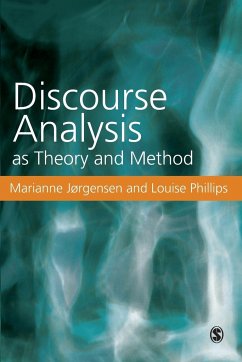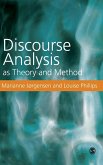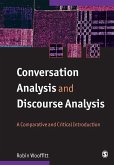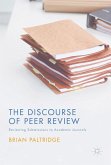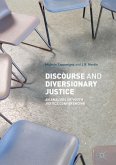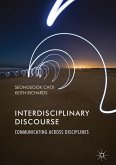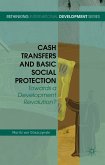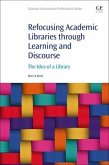Discourse Analysis as Theory and Method is a systematic introduction to discourse analysis as a body of theories and methods for social research. It brings together three central approaches, Laclau and Mouffe's discourse theory, critical discourse analysis and discursive psychology, in order to establish a dialogue between different forms of discourse analysis often kept apart by disciplinary boundaries.
The book introduces the three approaches in a clear and easily comprehensible manner, explaining the distinctive philosophical premises and theoretical perspectives of each approach as well as the methodological guidelines and tools they provide for empirical discourse analysis. The authors also demonstrate the possibilities for combining different discourse analytical and non-discourse analytical approaches in empirical study. Finally, they contextualize discourse analysis within the social constructionist debate about critical social research, rejecting the view that a critical stance is incompatible with social constructionist premises and arguing that critique must be an inherent part of social research.
The book introduces the three approaches in a clear and easily comprehensible manner, explaining the distinctive philosophical premises and theoretical perspectives of each approach as well as the methodological guidelines and tools they provide for empirical discourse analysis. The authors also demonstrate the possibilities for combining different discourse analytical and non-discourse analytical approaches in empirical study. Finally, they contextualize discourse analysis within the social constructionist debate about critical social research, rejecting the view that a critical stance is incompatible with social constructionist premises and arguing that critique must be an inherent part of social research.

